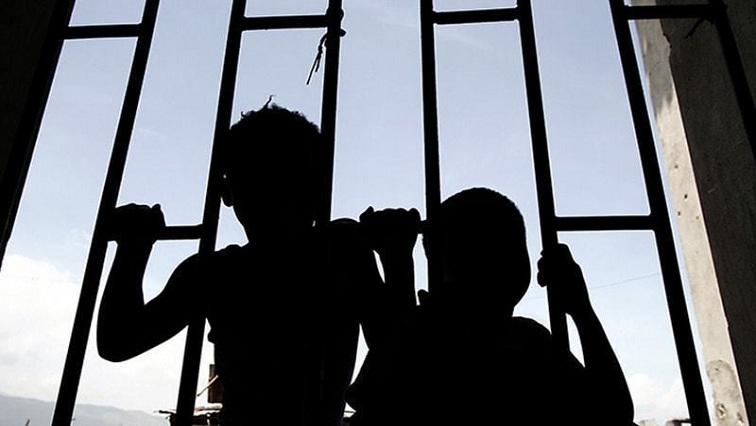As the continent celebrated the Day of the African Child on Tuesday, the United Nations Children’s Fund (UNICEF) in Southern and Eastern Africa hosted a panel of children discussing the coronavirus and its impact.
With countries easing lockdown measures, the debate around the reopening of schools presented some concerns on both sides of the coin.
With schools slowly reopening across the continent, there is huge concern on the risks of children contracting the coronavirus.
Schools are considered potential hotspots given the number of learners and teachers in each facility and the proximity they will have to each other.
Another apprehension is whether kids have been properly educated about living through a public health crisis.
A panel of children aged between five and fifteen from South Africa, Zimbabwe and Kenya explain their understanding of the coronavirus and how it has changed their lives.
“Coronavirus is also a germ and now it’s in every single world. We can protect ourselves from this virus by doing many things and some of the most important things is washing our hands with soap and water and social distancing. [We] must cough and sneeze into your elbow so the germs can go back in. The coronavirus changed everything, we have to stay in our houses. Yes the world does seem a little different because with this [virus] you can’t go to school, you’re on lockdown,” explain some children.
Governments in Africa have all conjured up plans on how to mitigate cluster outbreaks at schools as they re-open.
The new regulations include intensive screening and phased in schooling to ensure social distancing.
But as critics argue against the return to classrooms, the UN Children’s Fund says there are more convincing reasons to open the school gates.
UNICEF’s regional director for Southern and Eastern Africa, James Elder, says in the past long school closures have presented more poverty and security issues.
“Had a couple of very negative impacts. One is the poorest kids tended not to come back to [school] and the other is you had a real spike in violence against kids and domestic violence as people were trapped in their homes. Lastly, is you had a peak in teenage pregnancies, so you don’t want that – it will be a problem you’re dealing with in ten years time,” explains Elder.
Elder adds that while the outbreak of the pandemic has compounded the socio-economic ills for children in Africa, it has also forced governments to address some of those ills.
He says they have seen new policies that have been children centred which are actually being implemented.
“I think one area that governments in this region have done well but still need external support is what we would call social protection. So cash transfers, social safety nets, as moms as dads really struggle to maintain livelihoods because of the pandemic. Because of containment measures UNICEF is really pushing governments to really scale up these social protection measures,” he explains.
The panel of children were asked what they would like from governments and adults in charge of their livelihoods and the sentiment was clear: the decisions that are being made, must be to the benefit of children and the rest of humanity.
“My message to the adults about making the world a safer place for me is to be open minded and listen to the opinions of experts. While we’re thinking about being open minded do the same for climate change. Just care for them … you must work together you still need to stick together not matter what,” add some of the children.
Below is the dashboard tracking global COVID-19 cases, death toll, recoveries and more:


